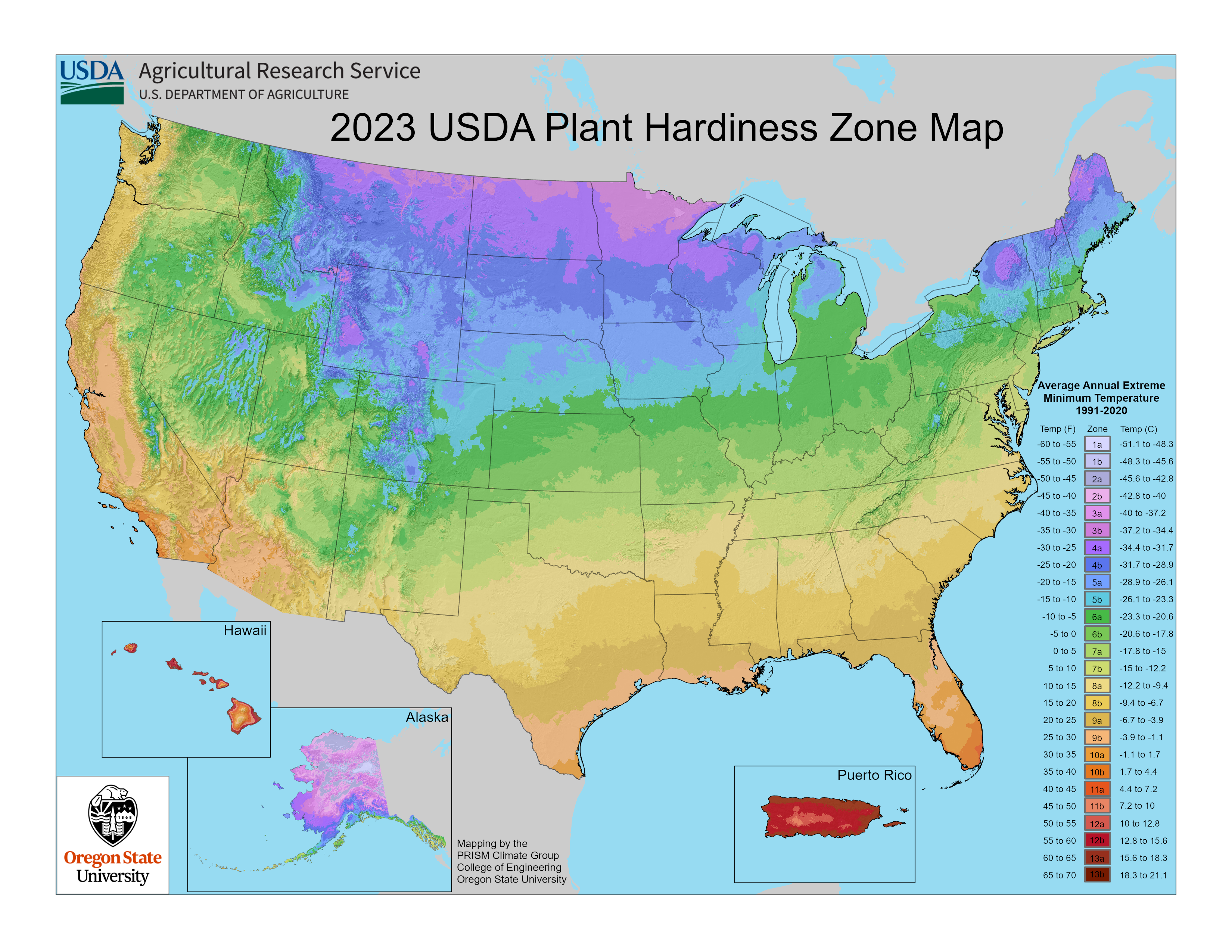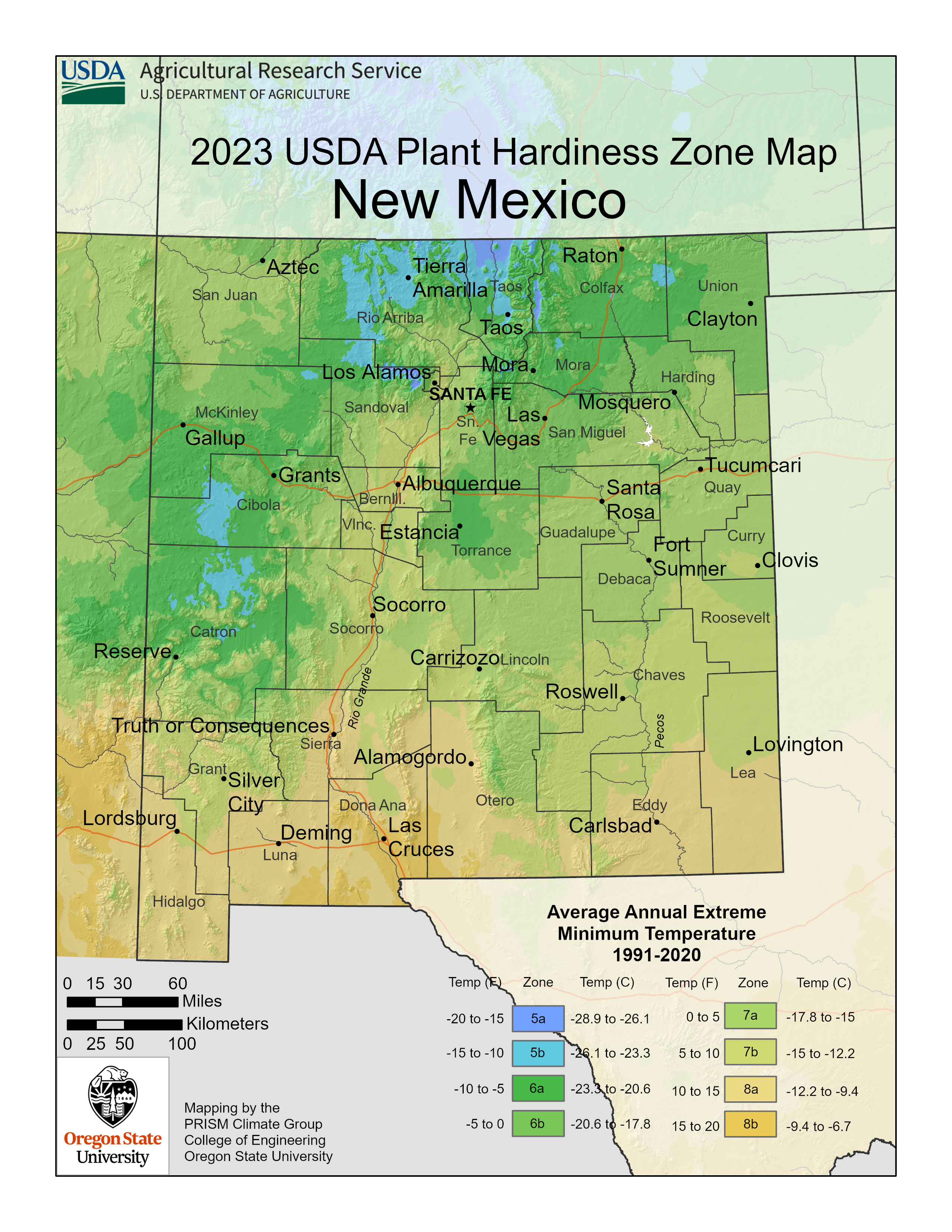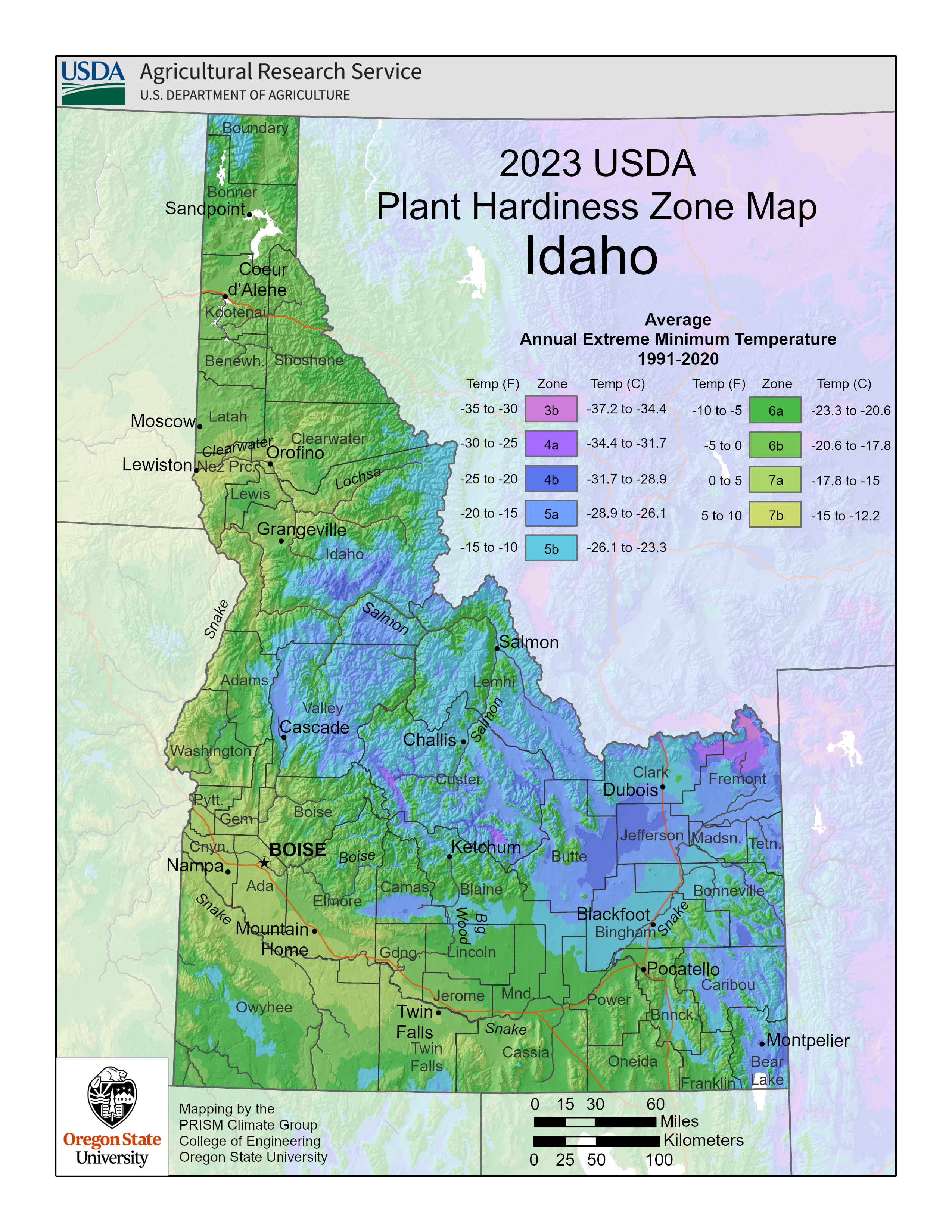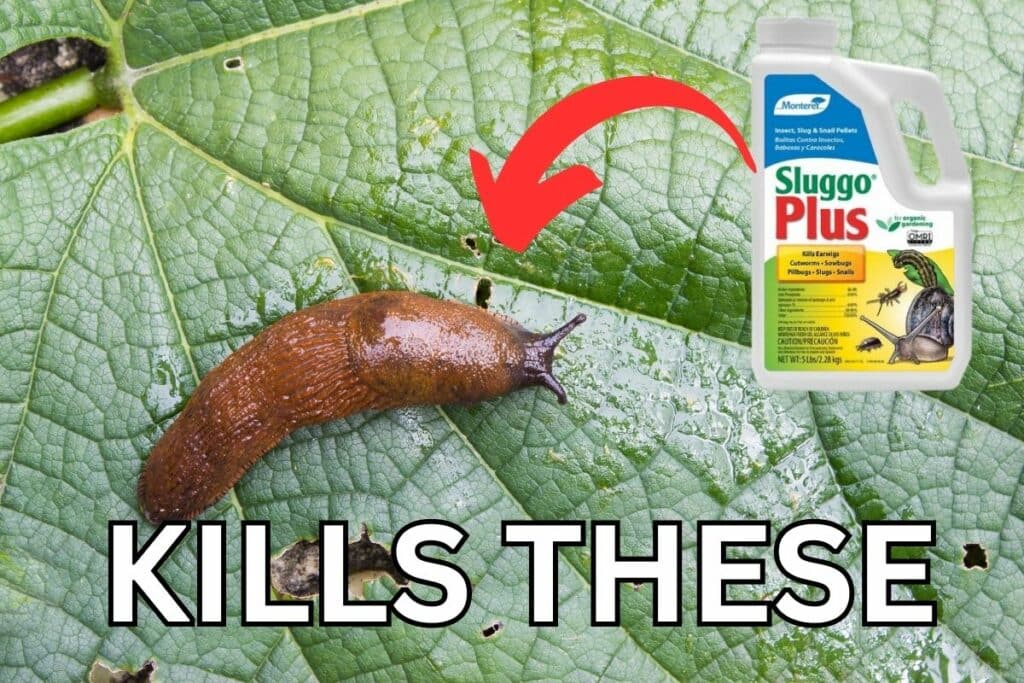
I’m always looking for safe and effective ways to control pests in my garden. One product that I’ve used for a while now is Sluggo, a slug and snail control bait that is marketed as an environmentally friendly alternative to traditional slug baits.
But how does Sluggo work, and is it really effective?
Sluggo works by using iron phosphate as its active ingredient. When slugs and snails ingest the bait, the iron phosphate interferes with their metabolism and causes them to stop feeding. They then crawl away and die, usually within a few days.
Unlike traditional slug baits that contain metaldehyde, Sluggo is considered safe for use around pets, wildlife, and children. It also breaks down into a natural fertilizer, which can benefit your garden.
According to the manufacturer, Sluggo remains effective even after rain and can last for up to four weeks.
However, some gardeners have reported mixed results with the product, with some saying that it did not work well for them.
For me, it’s worked well. I do however recommend using Sluggo Plus and I’ll go into more detail in this article exactly why that is.
Like any pest control product, it is important to follow the instructions carefully and use the product as directed.
Additionally, it is important to keep in mind that Sluggo is not a silver bullet and may not completely eliminate all slugs and snails in your garden. There may be underlying issues why they keep appearing that you need to address.
But first….
What is Sluggo?
Sluggo is a slug and snail bait that is made from iron phosphate, a naturally occurring substance. It comes in small, pellet form, which makes it easy to apply and use in your garden.
Active Ingredients
The active ingredient in Sluggo is iron phosphate, a mineral that occurs naturally in the soil. When slugs and snails consume the pellets, the iron phosphate causes them to stop feeding and eventually die. Iron phosphate is safe for use around pets, wildlife, and humans, making it an ideal choice for organic gardeners.
Compared to other slug baits that contain chemicals like metaldehyde, iron phosphate is a less toxic option that is also effective. Metaldehyde baits can be harmful to pets and wildlife, and can also contaminate water sources if not used properly.
Sluggo

Sluggo
Being a two-in-one bait and killer, Sluggo is an alternative to traditional slug and snail baits.
Editors choice – Sluggo Plus

Sluggo Plus
For use around vegetables, fruit trees, citrus, berries, ornamentals, shrubs, flowers, trees, lawns, gardens and in greenhouses
Sluggo’s iron phosphate formulation is also rain-resistant, which means that it won’t dissolve or be washed away during rainy weather. This makes it a great option for gardens in areas with frequent rain.
How Does Sluggo Work?
how Sluggo works:
In a nut shell….
Sluggo also contains a bait that attracts slugs and snails, making it more effective than other iron phosphate-based slug baits.
Effectiveness
Sluggo has been proven to be effective in controlling slugs and snails in the garden. According to a study by Oregon State University, Sluggo was found to be just as effective as traditional slug baits that contain metaldehyde, but with less toxicity to non-target organisms.
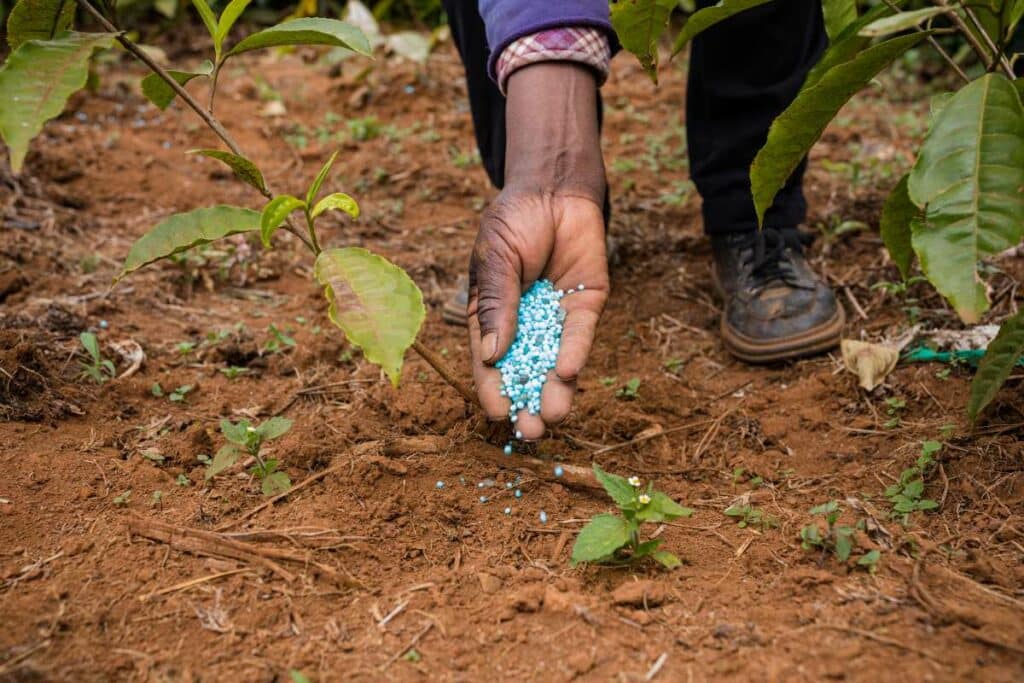
Sluggo also has a long-lasting formula that remains effective for up to four weeks, even after rain. It can be used in cool weather and is not affected by temperature changes. One 2.5 lb. container of Sluggo can treat up to 1,000 square feet of garden space.
I actually use slightly less than the recommended dose and it works fine. It will depend on the severity of your issue.
Using Sluggo in Your Garden
Application Tips
Sluggo is easy to apply. Simply sprinkle the granules around the base of plants or in areas where slugs and snails are present.
It is important to apply Sluggo when the soil is moist but with little or no standing water. Reapply as the bait is consumed or at least every two weeks. Apply more heavily if the infestation is severe, if the area is heavily watered or after long periods of heavy rain.
Precautions
While Sluggo is safe for pets, wildlife, and children, it is important to keep the bait away from mammals that may feed on it, and water flow areas. Also, avoid applying Sluggo on edible parts of plants and vegetables.
Benefits
Sluggo is an organic and effective solution to control slugs and snails in your garden. Sluggo does not harm other beneficial insects, such as earthworms, ladybugs, and bees.
Sluggo can be used on a variety of plants, including flowers, seedlings, and vegetables. It is also safe to use around pets and wildlife. Sluggo is a great option for gardeners who want to avoid using toxic chemicals in their garden.
Comparing Sluggo to Other Slug Killers
Metaldehyde vs Iron Phosphate
When it comes to slug killers, two common active ingredients are metaldehyde and iron phosphate. Metaldehyde is a chemical that is toxic to slugs and snails, while iron phosphate is a natural mineral that is also effective at killing these pests.
Personally, I prefer to use iron phosphate slug baits like Sluggo instead of metaldehyde baits. Not only are they safer for the environment, but they are also effective at killing slugs and snails.
Sluggo vs Beer Traps
Another popular method for controlling slugs is using beer traps. These traps involve placing containers filled with beer in the garden, which attracts slugs and causes them to drown. While this method can be effective, it can also be messy and attract other pests like ants.
Personally, I prefer to use Sluggo instead of beer traps. Sluggo is easy to apply and doesn’t require any cleanup. Plus, it doesn’t attract other pests like ants.
Sluggo Plus vs Sluggo Original
Sluggo Plus is a newer version of Sluggo that contains an additional active ingredient, spinosad. Spinosad is a natural insecticide that is derived from soil bacteria and is effective at killing a variety of pests, including slugs and snails.
While Sluggo Plus is more expensive than Sluggo Original, it may be worth the extra cost if you have other pest problems in your garden. Personally, I have found that Sluggo Plus is a better option.
Environmental Impact of Sluggo
As an environmentally conscious gardener, I am always concerned about the impact of the products I use on the environment.
In this section, I will discuss the environmental impact of Sluggo, a popular slug and snail bait.
Toxicity to Wildlife and Pets
One of the biggest concerns when using any pesticide or bait is its toxicity to wildlife and pets. Sluggo, on the other hand, is considered safe for use around pets and wildlife.
The active ingredient in Sluggo is iron phosphate, which is a natural mineral that occurs in soil. It is not harmful to mammals, birds, or fish and does not pose a threat to beneficial insects, such as bees and butterflies.
Biodegradability
Another important factor to consider when using any product in the garden is its biodegradability. Sluggo is biodegradable and breaks down into natural components, such as iron and phosphate. It does not leave any harmful residues in the soil, making it safe to use in organic gardens.
EPA Regulations
Sluggo is registered with the Environmental Protection Agency (EPA) and is considered safe for use in the garden.
The EPA has strict regulations on the use of pesticides and requires extensive testing before a product can be registered. Sluggo has met all the requirements set forth by the EPA and is considered safe for use in the garden.
Frequently Asked Questions
How Often Should I Apply Sluggo?
Is Sluggo Safe for Organic Gardening?
What Should I Do with Sluggo Debris?
Where Can I Buy Sluggo?
Conclusion and final thoughts ?
In my experience, Sluggo and Sluggo Plus are effective slug baits that can help protect your garden from these pesky pests.
Sluggo Plus also contains spinosad, which targets other garden pests like earwigs and cutworms.
Overall, if you’re looking for a safe and effective way to control slugs and snails in your garden, I would recommend trying Sluggo or Sluggo Plus. Just remember to follow the instructions carefully, applying the bait at the recommended density and avoiding use in areas where other wildlife may be affected.
With a little care and attention, you can enjoy a slug-free garden all season long.
You may also like ?
-
15 Best Vegetable Garden Ideas
-
How To Design The Perfect Vegetable Garden Layout
-
How And When To Fertilize Your Vegetable Garden Naturally
-
The 22 Best Fall Flowers For Your Garden
-
11 Plants Perfect for Attracting Pollinators to Your Garden
-
How To Use Plant Hardiness Zones Info To Garden Successfully
-
New Mexico Plant Hardiness Zones Map And Gardening Guide
-
Idaho Plant Hardiness Zones Map And Gardening Guide
